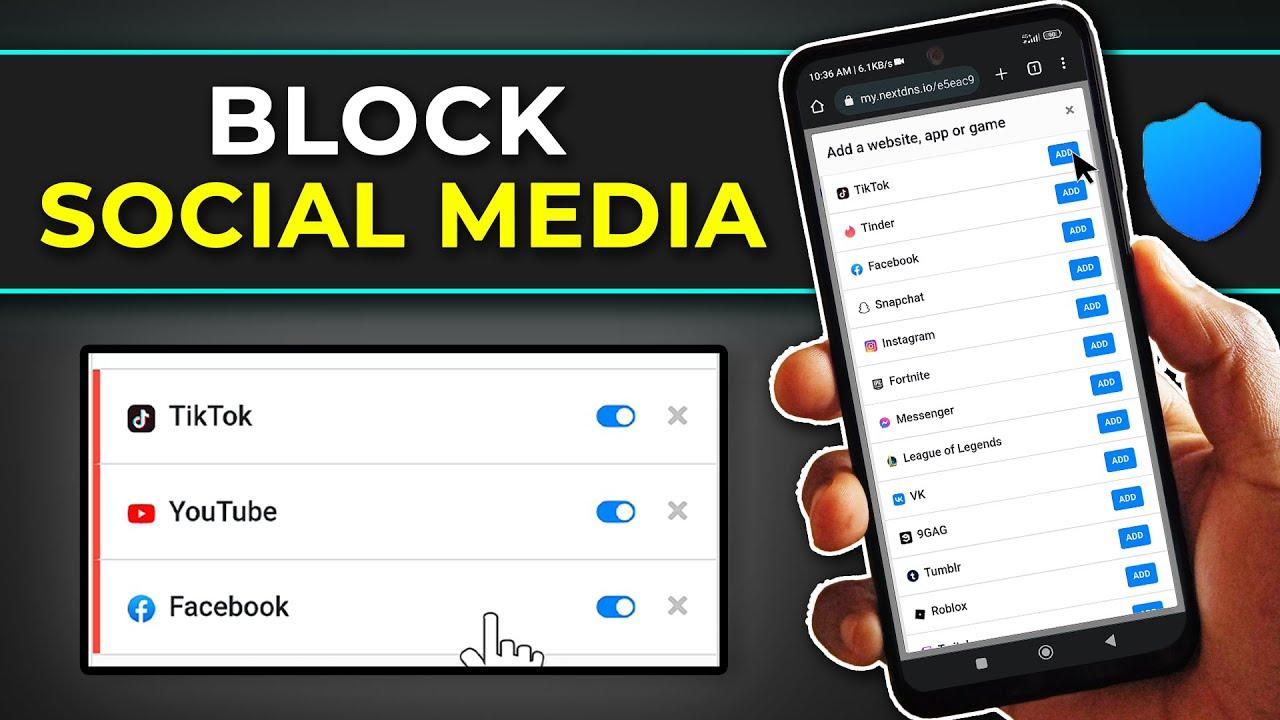In today's digital age, where social media platforms dominate our online experiences, maintaining focus and productivity can be a challenging task. The constant barrage of notifications, updates, and the allure of scrolling through endless feeds can derail even the most disciplined individuals. However, as technology evolves, so do our tools for self-discipline. One innovative solution gaining popularity is the use of apps to block social media distractions, helping users break free from the clutches of endless scrolling and regain control over their time and attention.
The rise of social media has revolutionized the way we connect, share, and consume information. While these platforms offer numerous benefits, they also present a significant drawback – the potential for distraction. Whether you're a student struggling to stay focused on your studies or a professional trying to meet tight deadlines, the constant pull of social media can hinder productivity and hinder personal growth.
Recognizing the need for a solution, developers have created a range of apps designed specifically to combat the addictive nature of social media. These apps provide users with the tools to set boundaries, limit usage, and create a healthier balance between online engagement and real-world activities.
One notable app in this category is Freedom, which empowers users to block distracting websites and apps, including popular social media platforms. Freedom allows users to schedule focused sessions, during which access to selected apps is restricted. By setting predefined periods of digital detox, individuals can create a conducive environment for concentration and accomplishment.
Another effective app is Cold Turkey, which takes a more assertive approach to combating distractions. Cold Turkey enables users to create custom blocklists and set timers to restrict access to social media sites. The app's no-nonsense design and straightforward functionality make it a powerful ally for those looking to break free from the cycle of procrastination induced by social media.
In addition to individual-focused apps, some employers are incorporating productivity tools into their work environments. RescueTime, for example, tracks users' online activity and provides insights into time spent on various websites and applications. Armed with this information, users can identify areas for improvement and set goals for reducing time spent on social media during work hours.
The effectiveness of these apps lies not only in their ability to block access but also in their capacity to foster self-awareness. By quantifying time spent on social media, users gain a clearer understanding of their digital habits, empowering them to make informed decisions about how they allocate their time. This newfound awareness can be a catalyst for positive change, prompting individuals to prioritize meaningful tasks and allocate time more efficiently.
However, the success of these apps ultimately depends on the user's commitment to change. Breaking free from social media distractions requires a conscious effort to cultivate healthier digital habits. Utilizing these apps as tools rather than relying on them as crutches is key to achieving sustained productivity and focus.
As we navigate the complexities of the digital age, the use of apps to block social media distractions emerges as a powerful strategy for regaining control over our online lives. These tools provide a practical and accessible means of breaking free from the shackles of social media addiction, enabling individuals to reclaim their time, boost productivity, and foster a healthier relationship with technology. Embracing these apps as allies in our journey towards enhanced focus and productivity represents a positive step towards a more balanced and fulfilling digital existence.
